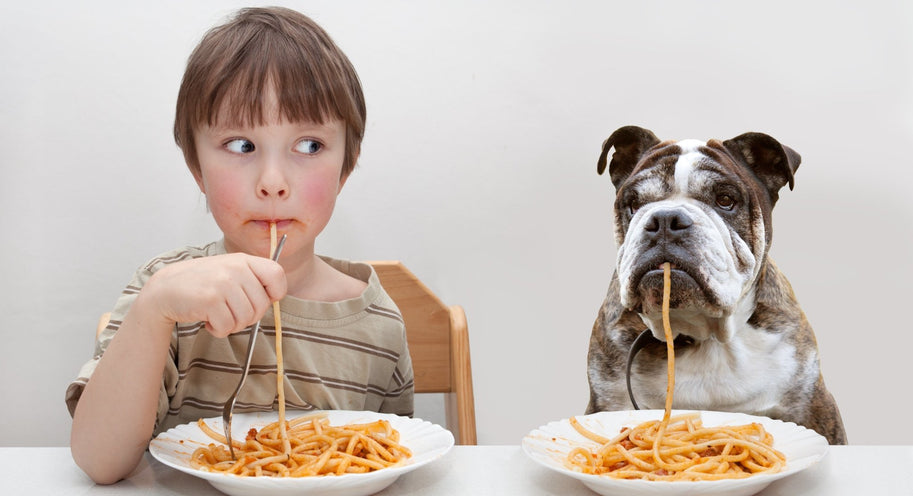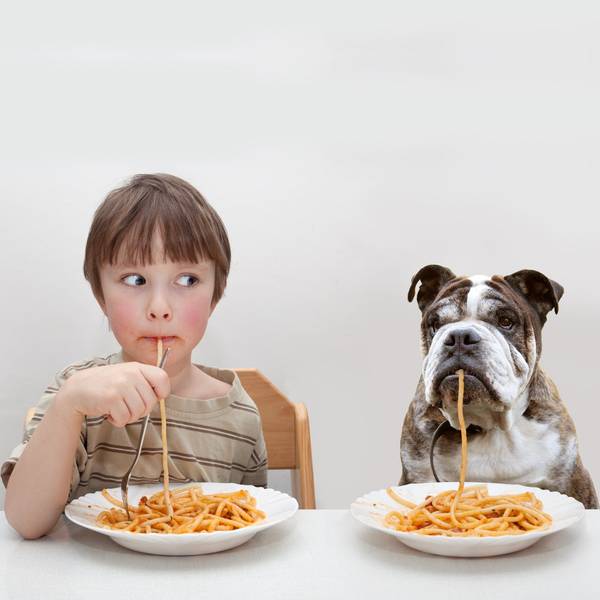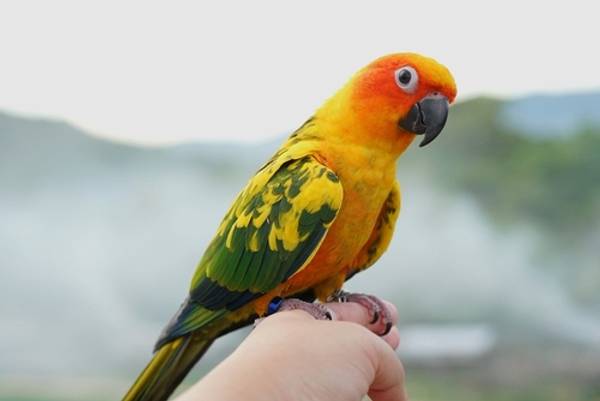We’ve all heard by now how chocolate is toxic to our pets and how we shouldn’t be giving our pets any of our family-sized block no matter how much their eyes are begging us to!
This got us thinking; just what else is bad for pets that we may not know about?
We’ve compiled a list of things that could be harmful to your beloved furry pal and what you can do to avoid problems and alternatives you as their owner can offer to ensure their safety.
Chocolate
Chocolate poisoning is a problem that occurs mainly in dogs but also occurs occasionally in cats or other animals. Chocolate contains cocoa. Cocoa contains a compound called theobromine. Theobromine is poisonous to dogs and other pets in certain dosages. It is vital not to give your pets chocolate and to guarantee they can’t by chance access any of your chocolate stash over the Easter period.
Carob is a pet friendly chocolate alternative. You can still give your dog some yummy cookies or choc-drops with a chocolate-like smell and taste, without the danger of chocolate.
Carob is naturally sweet and has a chocolatey flavour that dogs love! Carob is easy and safe for you to use in homemade dog treat recipes as well as products available from your local pet stores.
Avocado
Avocado contains a toxin called persin, but only certain species of animals are poisoned by persin. While dogs and cats are rarely affected by persin, avocado poisoning can be deadly to birds and large animals (such as cows, goats, sheep). The bigger risk to dogs and cats is a foreign body obstruction in the oesophagus, stomach, or intestinal tract if part or all of a large avocado seed is swallowed. Pancreatitis is also possible due to the high fat content in avocados.
Pet birds, including canaries, parakeets, cockatiels, and large parrots, should never be fed avocado as they are extremely susceptible to persin. Signs of poisoning in birds include inability to perch, difficulty breathing, fluid accumulation around the bird’s heart and lungs, liver and kidney failure, and sudden death.
Coconut and Coconut Oil
The flesh and milk of fresh coconuts contain oils that may cause your pet to have an upset stomach or diarrhea. When ingested in small amounts, coconut and coconut-based products are not likely to cause serious harm to your pet. Caution should be used when offering your pets these foods. Coconut water should not be given to your pets as it is high in potassium.
Citrus
Citrus stems, leaves, peels, fruit and seeds can be dangerous for our pets as citrus plants contain citric acid and essential oils that can cause irritation and issues with their central nervous system if consumed in substantial doses. Small quantities, such as eating one piece of fruit, is not likely to produce any considerable issues aside from a possible upset stomach.
Grapes and Raisins
Grapes and raisins can cause your pet to have kidney failure. It is unknown why these are toxic to our pets. This unknown toxin can cause vomiting, diarrhea, abdominal pain, anorexia, and acute renal (kidney) failure.
Milk and Dairy
Pets do not possess significant amounts of lactase. Lactase is an enzyme essential to the complete digestion of whole milk; it breaks down lactose, a sugar which gives milk its sweetness. Due to this, dairy-based products cause our pets to suffer from diarrhea or other upset digestively.
Nuts
Nuts can contain high amounts of oils and fats. These oils and fats can cause vomiting and diarrhea and worst-case scenario – pancreatitis in pets.
Macadamia Nuts
Macadamia nuts are highly toxic to your dog and can cause weakness, vomiting, tremors and hyperthermia in dogs. Signs that your dog has ingested macadamia nuts usually appear within 12 hours and can last up to 12 to 48 hours.
Garlic, Onions and Chives
These herbs and vegetables can cause gastrointestinal irritation and could lead to red blood cell damage. Cats are more vulnerable; however, dogs are still susceptible to risk if a large enough amount is ingested.
Salt and Salty Snack Foods
Large amounts of salt can cause your pets to become thirsty and to drink excessive amounts of water. Signs that your pet may have eaten too many salty foods include vomiting, diarrhea, tremors, elevated body temperature, seizures and worst-case scenario, even death.
We encourage you to avoid feeding salt-heavy snacks like potato chips, pretzels, and salted popcorn to your pets.
Yeast Dough
Yeast dough can rise and cause gas to accumulate in your pet’s digestive system. This can be painful and can cause the stomach to bloat and potentially twist, becoming a life-threatening emergency.
REMEMBER to be mindful when feeding your pet table scraps or leftovers, many of your favourite foods may contain toxins that you don’t realise are in there.
Your local Just For Pets store has so many safe treat & healthy treats for your pet. Even an AMAZING range of Easter cookies!
If you think your pet may have ingested a toxin in or around your home, don’t delay, seek Veterinary assistance immediately.






